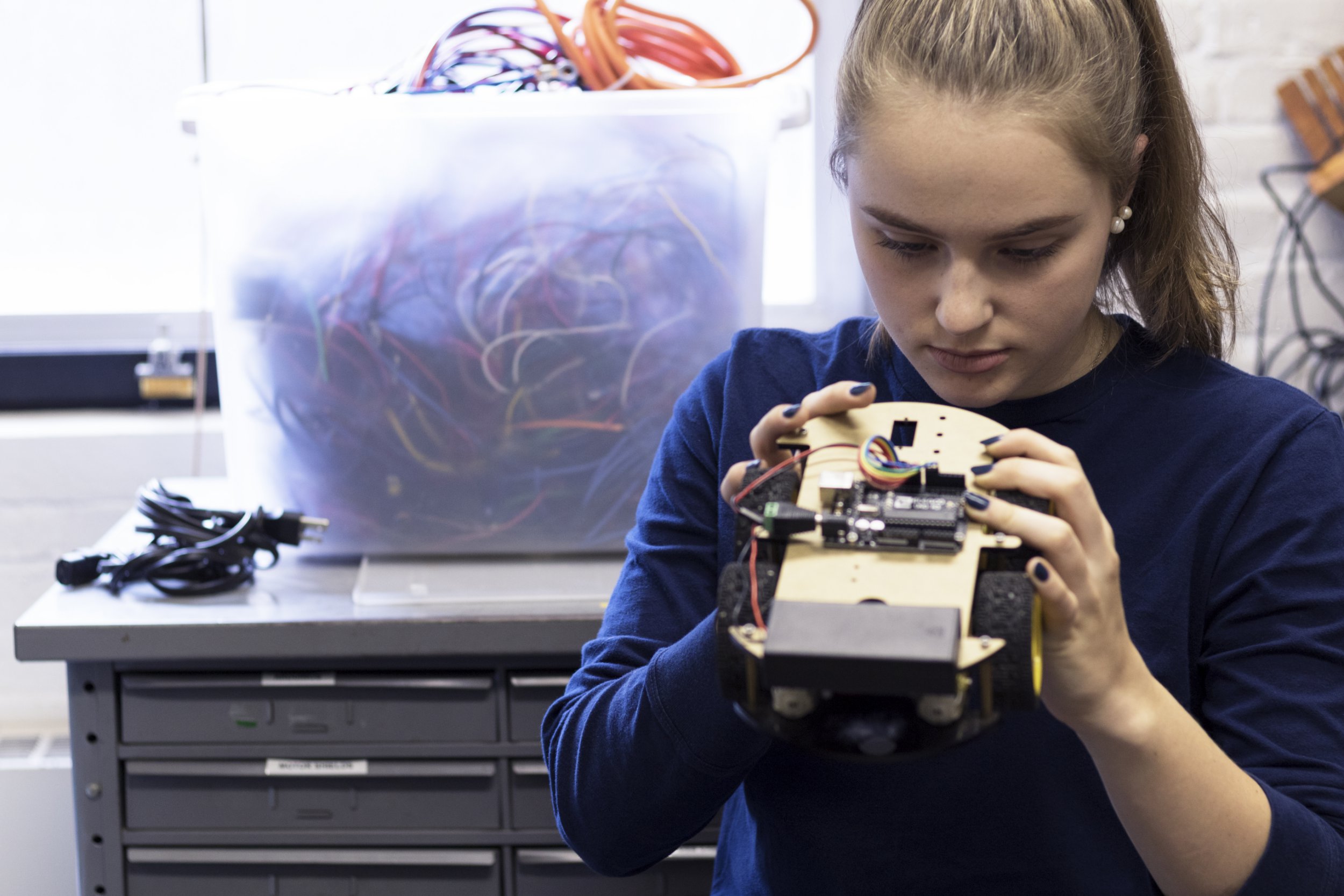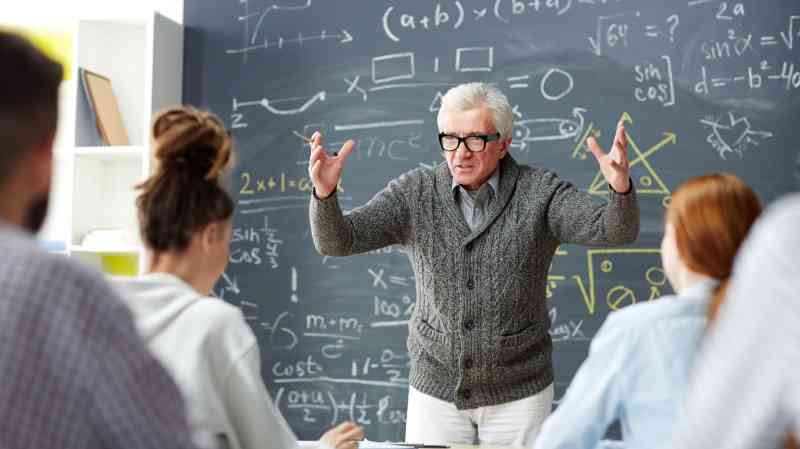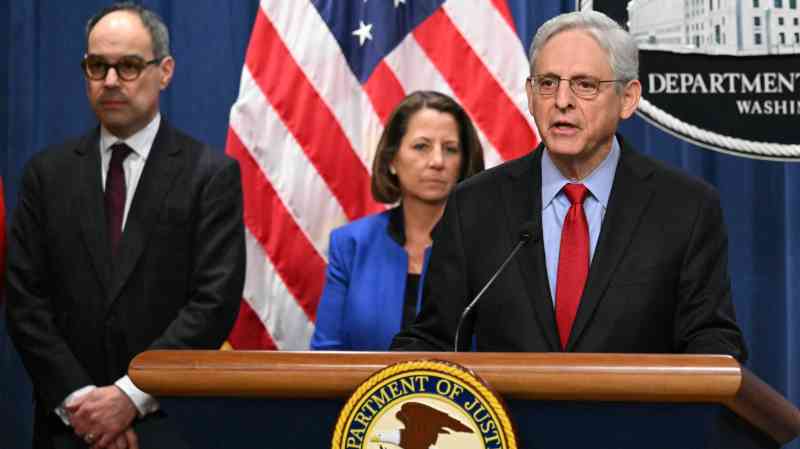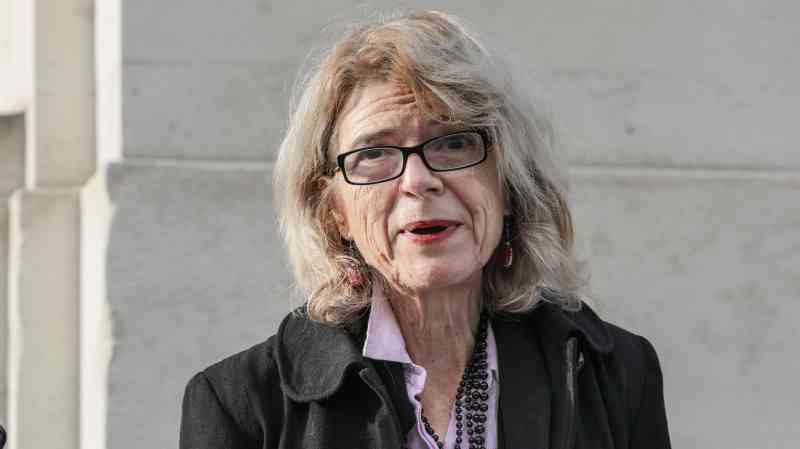GCSE physics dull as dishwater, says quantum physicist
Physics GCSE is “dull as dishwater” and needs an overhaul to make it exciting to children, an academic says.
Professor Mark Fromhold has written to exam boards suggesting quantum physics be incorporated into the qualification so that more pupils stick with the subject.
He says cutting-edge technology and discoveries from the last few years could bring to life topics such as gravity and light.
Fromhold, professor of physics and head of science at Nottingham University, is involved in the National Quantum Technologies Programme, with academics across various disciplines.
Only 17 per cent of the targeted number of trainee physics teachers were recruited this year and about 12 per cent of state schools in England did not have a dedicated physics teacher.
This led to fewer pupils taking the subject at A-level and degree level, and in turn qualifying as teachers, he said.
Children could learn about brain scanners during physics lessons and have experts from across the country digitally beamed into schools, rather than just learning abstract theories, Fromhold said.
“The way physics is taught is traditionally dull and uninspiring at GCSE,” he said. “It’s very theoretical but could have new life breathed into it.
“It could be taught using new technology and a new programme to support teachers — we have about 100 industry partners involved. There is global demand for people with quantum tech across loads of industries and technologies, it’s huge and there’s a shortage.”

Fromhold and colleagues are offering their help to exam boards draw up a new syllabus to boost retention and encourage more students to take physics A-level.
Fromhold wanted pupils to appreciate the beauty and elegance of physics. He said the subject should be far more hands-on, that experiments could be carried out using cheap products and schools could tap into hundreds of experts willing to help out in the classroom remotely.
There were also exciting developments from those working together from biology, maths, engineering and physics backgrounds, he said, building on knowledge of microchips, mobile phones and lasers.
While Britain is at the forefront of new quantum technology with academics, companies and even politicians engaged, schools are less involved.
He said: “We could introduce children to how knowledge about new quantum developments can be used, such as looking at the impact on human cells when you turn off the earth’s magnetic field, or how to create a robust Global Positioning System without satellites.”

A survey conducted earlier this year found that more than half of British state schools are short of physics teachers with fewer than a quarter of private schools experiencing the same problems.
• Hunt for foreign teachers to fill classroom vacancies
The Institute of Physics analysis found that 52 per cent of teachers in mainstream secondaries said their schools were understaffed in teaching physics. This was the case for 22 per cent of teachers in private schools.
It highlighted low morale in the physics teaching profession, with 30 per cent of physics teachers saying they want to leave their school by 2025. Of those teachers 17 per cent said they wanted to leave the education sector for a career change.






